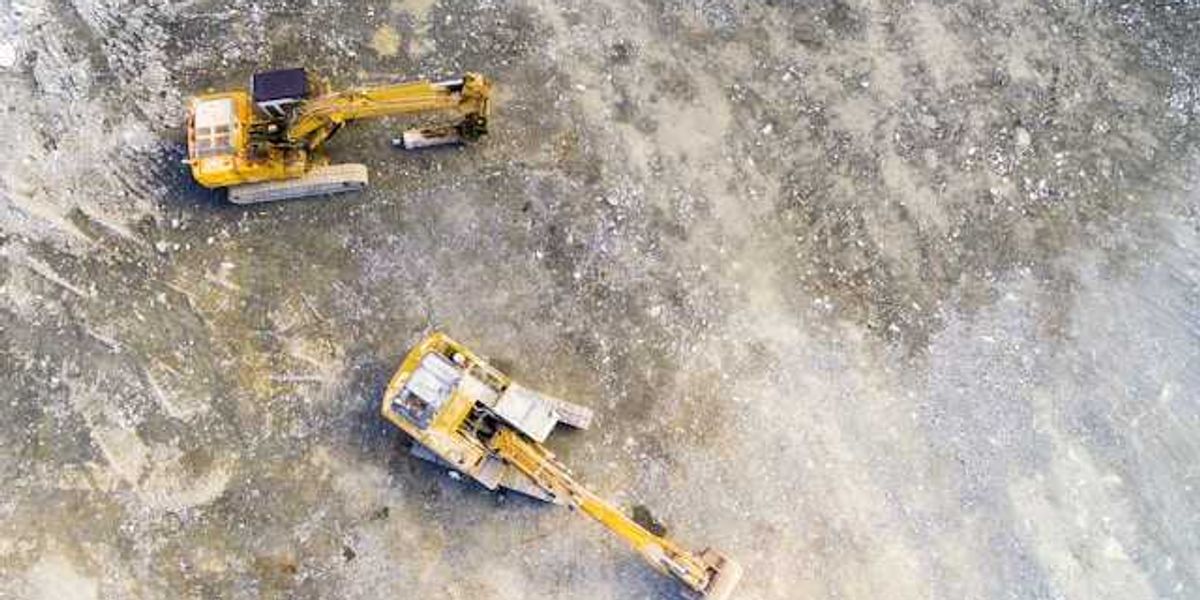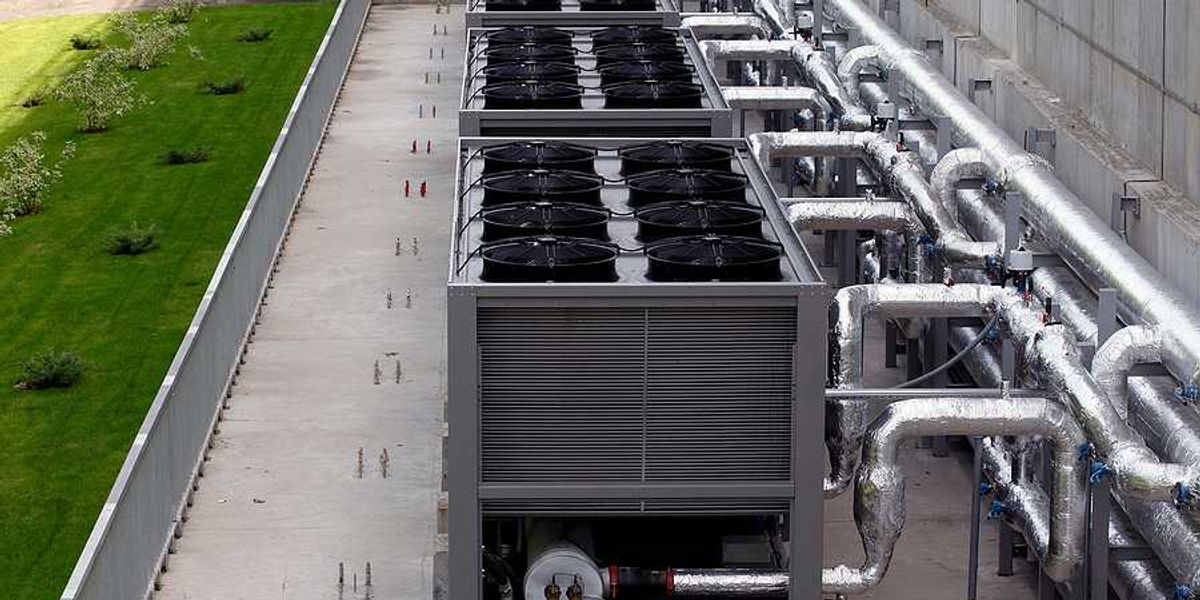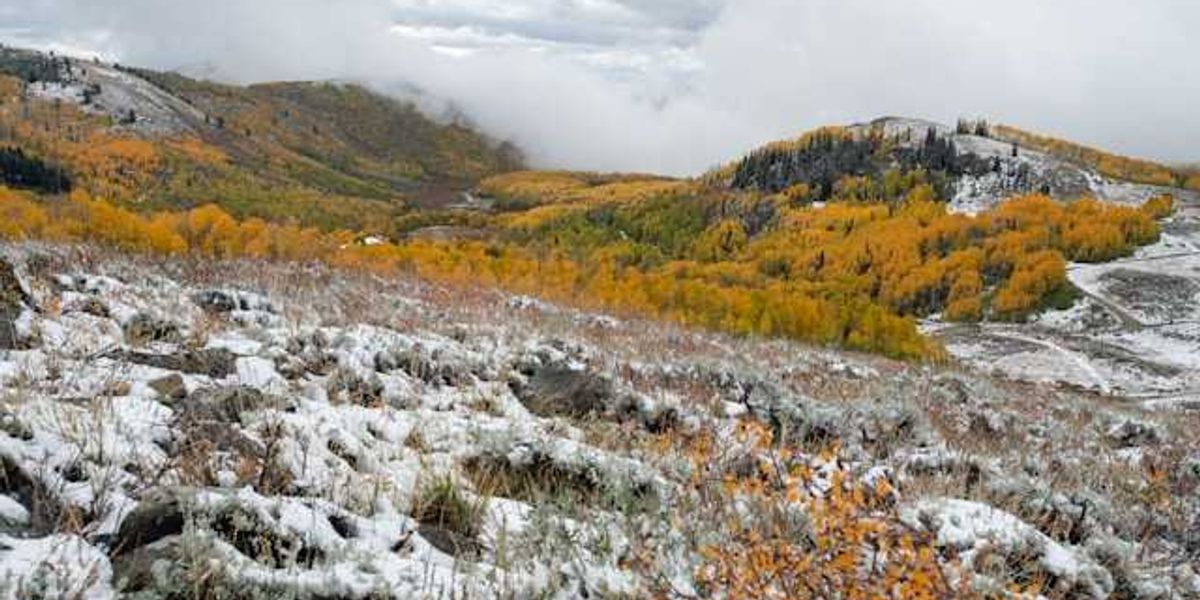Tribes exit pipeline negotiations in Michigan over lack of consultation
Seven Indigenous nations in Michigan have walked away from federal talks over a proposed oil pipeline tunnel, citing a lack of meaningful engagement and treaty violations.
Izzy Ross reports for Grist and Interlochen Public Radio.
In short:
- The tribes oppose Enbridge’s Line 5 tunnel project, which would replace part of a 72-year-old pipeline under the Straits of Mackinac, a critical freshwater corridor between Lake Michigan and Lake Huron.
- Their withdrawal follows the Army Corps of Engineers’ move to fast-track permitting under President Trump’s energy emergency order, which tribes say dismisses their environmental and legal concerns.
- Tribal leaders and legal advocates argue that the project threatens water resources and violates both U.S. treaty obligations and international law requiring Indigenous consent.
Key quote:
“Tribal Nations are no longer willing to expend their time and resources as Cooperating Agencies just so their participation may be used by the Corps to lend credibility to a flawed [Environmental Impact Statement] process and document.”
— Letter from seven Indigenous nations to the U.S. Army Corps of Engineers
Why this matters:
Buried beneath the Straits of Mackinac, where Lake Michigan and Lake Huron converge, Line 5 has become a flashpoint in the battle over fossil fuel infrastructure, Indigenous sovereignty, and environmental protection. The aging oil and gas pipeline — operated by Canadian energy giant Enbridge — moves millions of gallons of crude and natural gas liquids daily through a region that holds 20% of the planet’s surface freshwater. A proposed tunnel to house a replacement segment beneath the lakebed has drawn fierce opposition from tribal nations, who warn it risks catastrophic spills and continued desecration of sacred territory.
Related: Trump donor’s company set to profit from Michigan pipeline deal













